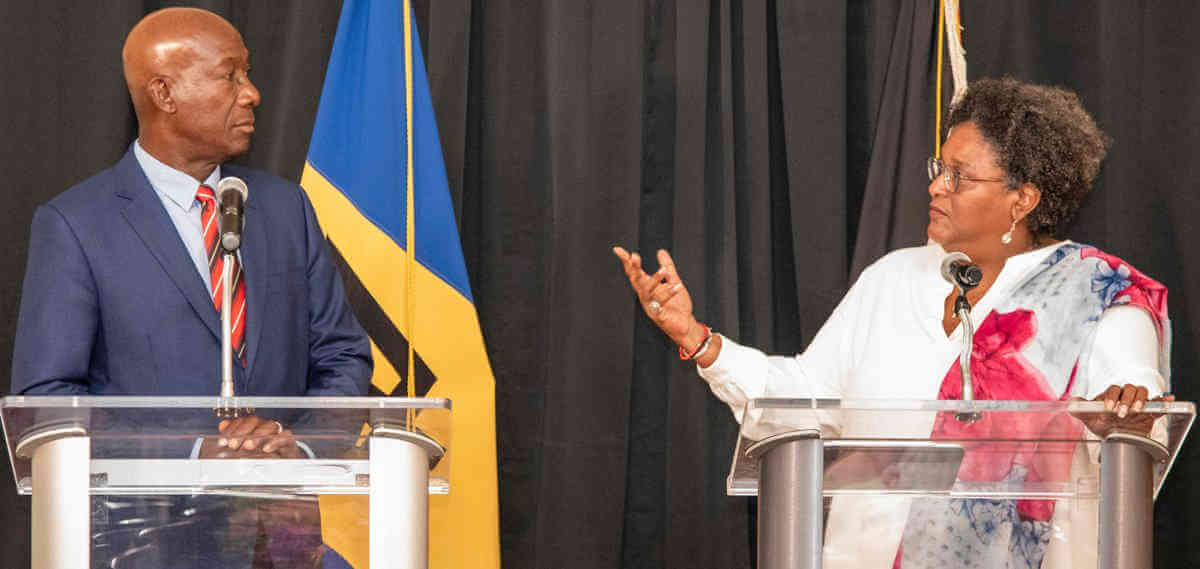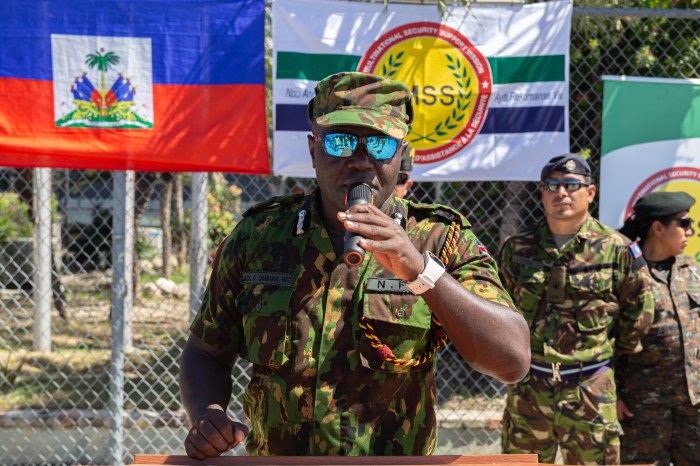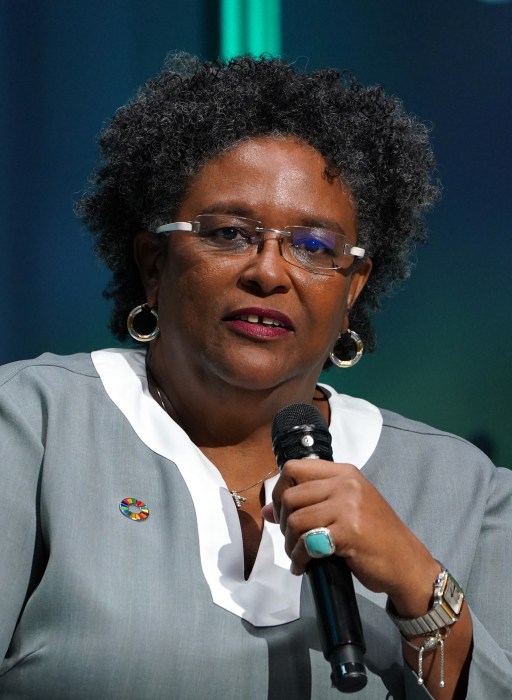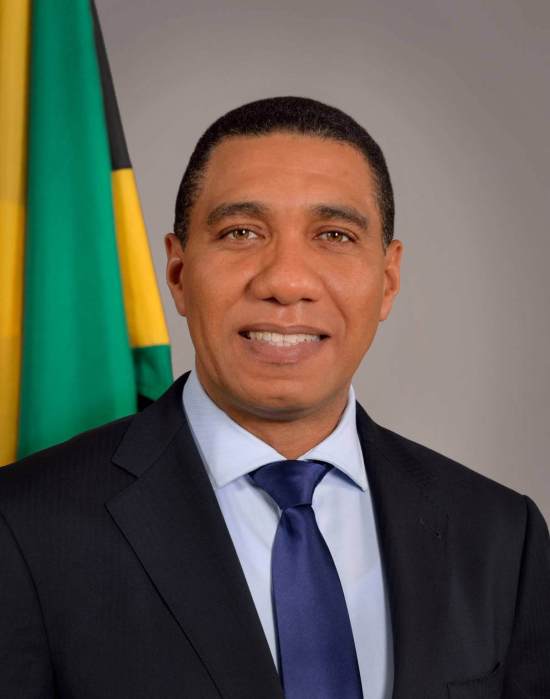In what may be emerging as a Caribbean energy triangle of sorts, Barbados and Trinidad and Tobago have signed a pact governing natural gas exploration at the overlapping nautical point of their exclusive economic zones, and a similar deal between the Bajans and Guyanese may be in the works.
Barbados and Trinidad recently signed a Memorandum of Understanding (MOU) to advance their cooperation in energy matters that could ultimately lead to the Bajans reaping amounts of natural gas, and possibly crude oil, large enough for domestic and commercial consumption and even export.
The MOU is essentially the first step in tidying-up the legal framework for oil companies interested in investing in petroleum wells owned by the two countries.
Barbados’ exclusive economic zone overlaps with that of Guyana and Trinidad and Tobago, and Trinidadian exploration for natural gas has gone to the point of the Bajan maritime boundary.
“Our seismic work has encouraged exploration in the area, on the border, and we have been doing exploration drilling. And … the first set of wells have been successful,” said Trinidad’s Prime Minister, Dr. Keith Rowley, who had recently flown to Barbados with his energy minister, Senator Franklin Khan, to sign the non-binding agreement.
Barbados has also done seismic research on its side of the border.
Rowley further said about the positive results from exploration at the maritime border with Barbados, “it tells us we do have some potential in that area and across the line in Barbados, geologically, the same potential is held out.”
“We are all positive that there are things to be had in that area in the offshore but to do that, it requires certain legal frameworks and the attraction of investment into this area.”
Rowley said his country had been looking for gas in the offshore and now in the deep water offshore, going further away from its coastline.
“We are currently in what we call block 14 in Trinidad and Tobago, which is just about 85 miles off of our east coast and as we go further east, we get nearer to Barbados. Our block 14 is right on the Barbados border.”
He said it was now necessary for both countries to lay the groundwork to encourage investors in the area.
Barbados Prime Minister, Mia Mottley said the MOU is a commitment to cooperate in energy exploration in the offshore of both territories.
“Its only binding feature relates to the confidentiality of the data which we will access, and every country commits to keeping that data confidential,” she disclosed.
“The MOU this morning allows us to cooperate in laying the groundwork for the two countries to act as one in encouraging investment in our…deep water. There will be two other levels of cooperation which will be required,” he stated.
She said the officials were hopeful that they would have a general framework treaty, by year-end, on how they would treat to unitization.
Mottley described the deal with Trinidad as ‘the most natural fit’, adding, “we are binding our two counties together even further; not for the benefit of those who are in office today, but more so for those who will come in the future.”
Trinidad has been in the petroleum extraction and export business for over 100 years, and in for a few decades now natural gas has taken over from oil as the leading product. This gas, which is liquified for shipping, has put the twin-island state to a place in the world top 10 leading natural gas exporters.
Barbados already has a maritime agreement with Guyana, but some of the island’s government ministers have been hinting at an interest in a renewed pact.
This is against the backdrop of Guyana’s petroleum discoveries over the past four years of billions of barrels of crude oil — and a so far unmeasured amount of natural gas — with the number growing as new deposits are discovered.



























